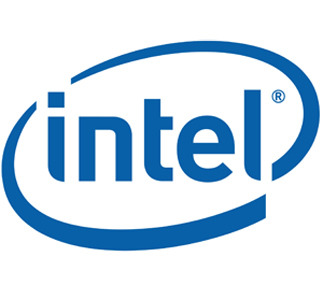You are here
Final Program 2015
|
|||||||||||||||||||||||||||||||||||||||||||||||||||||||||
Keynote: Moving Digital System Design Courses into the Modern Era, Again
Donald E. Thomas

Abstract:
After 50+ years of digital system design being a course topic in Electrical Engineering Departments, the complexity of basic digital systems has risen greatly. Many so-called fundamental topics have fallen by the wayside as being irrelevant to mainstream design, and keeping courses current has always been a balancing act of evolving fundamental topics and available curricular time. Current digital system design uses language-based design methodologies for FPGAs and ASICs. These methodologies enable the design of larger, more exciting systems and almost instant feedback (with FPGAs or simulation) as to whether the designs work. But new fundamentals are needed to enable the efficient design of these systems. We will focus on how validation engineering has come to account for more than 50% of the industrial design flow and how it can be introduced into digital system design courses. We will discuss SystemVerilog as a teaching platform since it directly integrates both design and validation methodologies. Our experiences in introducing it into Sophomore, Junior, and Senior level logic design courses will be discussed.
Bio:
Donald E. Thomas is Professor of Electrical and Computer Engineering at Carnegie Mellon University, working in the areas of single-chip heterogeneous multiprocessor systems, FPGA acceleration of computational tasks, and chip architecture design for yield improvement and lifetime reliability. He is co-author of the book "The Verilog Hardware Description Language" which through five editions has also been translated into Japanese and Mandarin Chinese. More recently he authored the book “Logic Design and Verification Using SystemVerilog.” He was chair of the 1989 Design Automation Conference. He received a Best Paper award in the IEEE Transactions on Education (1979!). He received the Eta Kappa Nu Excellence in Teaching (CMU Chapter) in 2006. He was elected Fellow of the IEEE "For contributions to automatic design of integrated circuits and systems, and to education in computer engineering." He was elected Fellow of the ACM “In recognition of outstanding technical and professional achievements in the field of information technology.” He received the SIGDA 2013 Pioneering Achievement Award.
Theme by Danetsoft and Danang Probo Sayekti inspired by Maksimer





